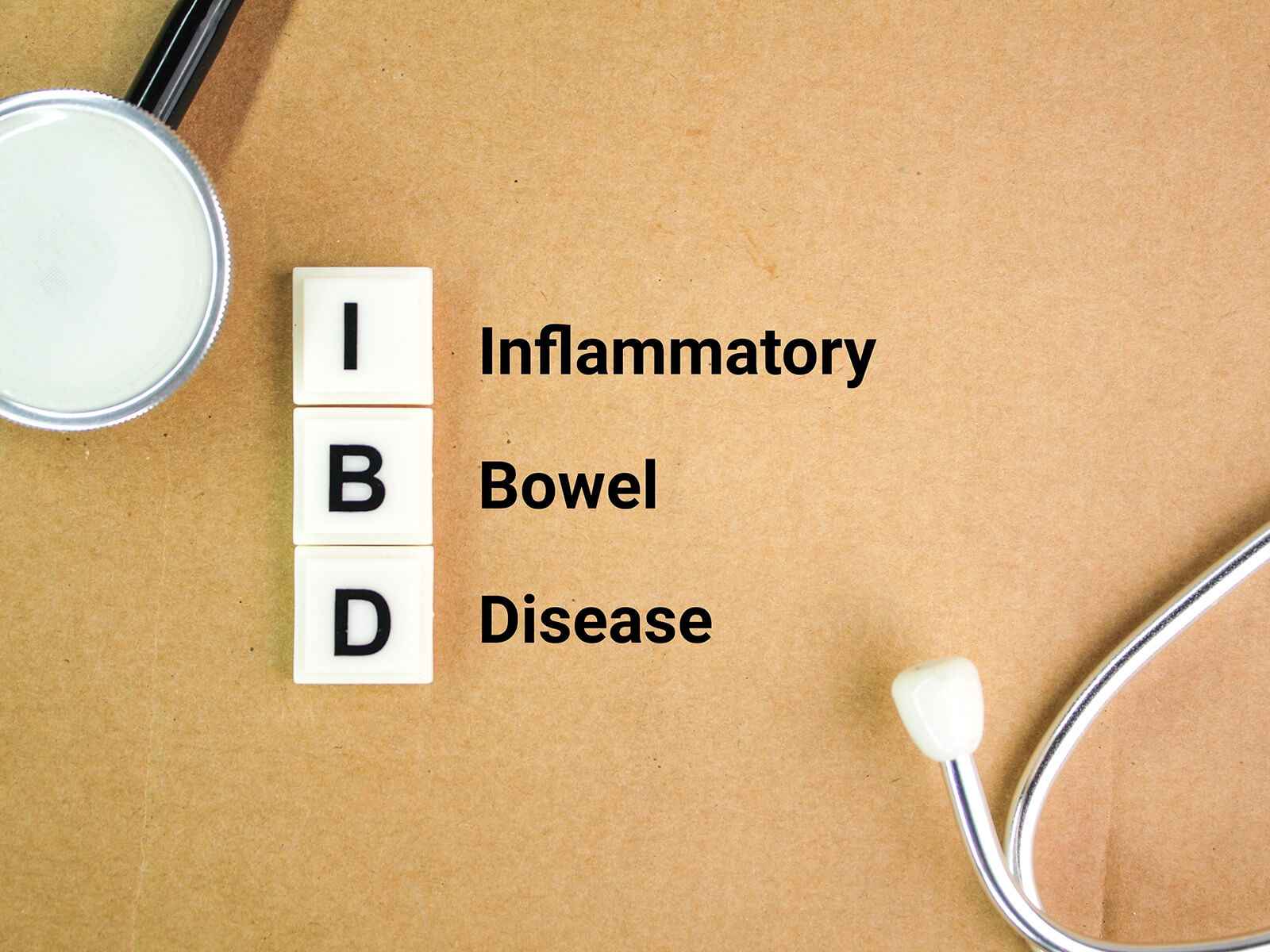
Infectious colitis is inflammation of the large intestine caused by germs such as bacteria, viruses, or parasites. It often presents with diarrhea, abdominal pain, and fever. At GastroDoxs in Jersey Village, we quickly identify the culprit and tailor treatment to help you recover sooner.
Early recognition leads to faster relief. Watch for:
Infectious colitis arises when the colon is exposed to harmful organisms or contaminated sources:
At GastroDoxs in Jersey Village, we combine rapid, on-site testing with expert diagnosis and customized treatment plans to tackle infectious colitis head-on. From same-day appointments and comprehensive stool and blood work to compassionate follow-up care, our team is dedicated to restoring your digestive health quickly and safely. Don't wait-book your appointment today and start your journey to relief.
We've successfully treated more than 101 patients, helping individuals improve their digestive health and overall well-being through expert, personalized care.
With over 20 years of experience, GastroDoxs has been a trusted provider of gastroenterology care, focusing on delivering the best outcomes for patients
Infectious colitis is usually caused by bacteria (such as Salmonella, E. coli, or Campylobacter), viruses (like Norovirus or Adenovirus), or parasites (for example, Entamoeba histolytica) entering the colon through contaminated food, water, or person-to-person contact.
Yes, infectious colitis can spread from person to person or via contaminated food, water, and surfaces. Proper handwashing and food safety measures help prevent transmission.
Diagnosis typically involves stool tests to identify the causative organism, blood work to check for signs of infection and dehydration, and sometimes a colonoscopy to examine the colon lining if symptoms persist or are severe.
Treatment depends on the underlying cause but often includes rehydration with oral or IV fluids, rest, and targeted medications such as antibiotics or antivirals. Probiotics and a bland diet (BRAT diet) may also support recovery.
Most people recover within 5-10 days. In more severe cases or without treatment, symptoms may persist for 2-4 weeks.
You should only return to work or school after your symptoms (especially diarrhea and fever) have resolved and your doctor confirms you are no longer infectious and are adequately hydrated.
Yes. Drinking plenty of fluids, following a bland diet (bananas, rice, applesauce, toast), and avoiding caffeine, alcohol, and fatty or spicy foods can help ease symptoms and support recovery.
See a specialist if you have high fever, bloody stools, severe abdominal pain, signs of dehydration (such as dizziness or dry mouth), or if your symptoms worsen or persist beyond 48 hours.
The ICD-10 code most commonly used for infectious colitis is A04.9 (Enterocolitis due to other specified organisms).
Preventive measures include thorough handwashing, cooking foods to safe temperatures, drinking clean or treated water, and avoiding close contact with people who are sick.